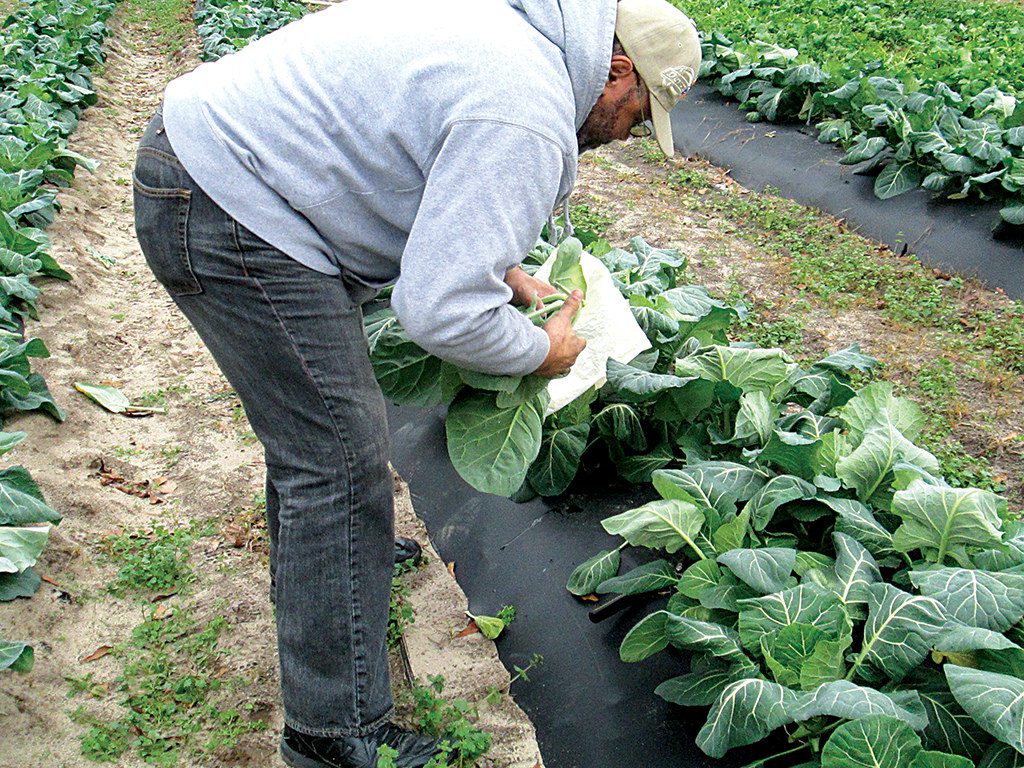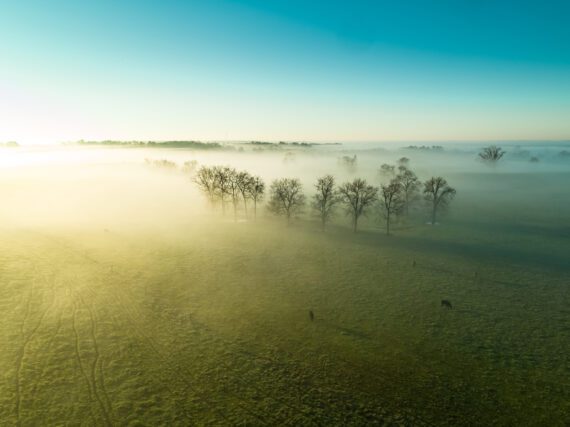Editor’s note: Bread Blog is running a weekly, year-long series called the Nourishing Effect. It will explore how hunger affects health through the lens of the 2016 Hunger Report. The report is an annual publication of Bread for the World Institute.
By Angelique Walker-Smith
Macon County, Ala., is located within the rural southern Black Belt, a region of the country that suffers disproportionately from persistent poverty, poor health, structural racism, and chronic food insecurity.
In 2015, the Robert Wood Johnson Foundation released county health rankings for every state in the country. Of the 67 counties in Alabama, Macon was ranked third from the bottom on a Food Environment Index, based on the food insecurity rate (26 percent) and the share of the population with limited access to healthy foods (19 percent).
The Black Belt is predominantly African-American, the main reason for its name. The Black Belt is also a reference to the original places of black slavery from Africa. At one time it was also named for the rich, dark soil, and the black workers who cared for the land and made it possible for Alabama to have a profitable agricultural sector. The soil is still there and so are the descendants of that time, but many have left the rural areas for the urban way of life thereby leaving the land behind. This has had consequences for the people and the land.
“It was amazing to me how much we had gotten away from that history,” says Rev. Otis Head, pastor of Mount Calvary Missionary Christian Church in Macon County. “All this land and good soil that we have and aren’t doing anything with. Our community has food, but so little of it is healthy.” Rev. Head moved to Macon County in 2006. His parents had attended Tuskegee University in Macon County, and as a child he visited here many times, remembering the pride his parents’ generation had in its agricultural legacy.
The agricultural department at Tuskegee was headed originally by none other than George Washington Carver, who was offered the position by its founder and first president, Booker T. Washington. Carver was already famous for his contributions to agricultural science, and Washington wanted Carver because agriculture was central to his philosophy of black self-sufficiency.
Founded in 1881, Tuskegee is one of the country’s first Historically Black Colleges and Universities (HBCUs). HBCUs have their roots in the black church, and the close association continues to this day. Rev. Head and others on the Macon County Ministers Council reached out to the agricultural department at the university, asking for help in using available land to improve the local food system. They started with community gardens on church properties. The foods grown there are distributed through a pantry run by the council, and they are available to the entire community. “It has made a difference,” says Rev. Head. “People tell me they feel better, and I can see it myself.”
The black church is the key stakeholder when it comes to matters of community health and building trust and bridges between the African American community and the health profession, particularly in rural communities. It is not uncommon, for example, for clergy in Macon County to take calls from families asking for help because they have run out of food. When someone in the family is sick, it may require a minister to persuade the person to see a doctor given the history of racial discrimination in health care which, in great part, explains why some African American communities are wary of doctors. This kind of leadership by African American churches can help the community to overcome the history of racial discrimination in health care.
“The past isn’t dead and buried. In fact, it isn’t even past,” said candidate Barack Obama, in a 2008 speech about race relations. The ACA, better known as Obamacare, will have only limited success in places like Macon County without support from the church leaders. The church will lead the community building as it always has, because the church has the trust of local residents that other structures often do not. This may be true in other parts of the country as well, but it is especially true in the rural Black Belt.
Angelique Walker-Smith is the national senior associate for pan-African church engagement in Bread for the World. This story originally appeared on pp. 88-89 of the 2016 Hunger Report: The Nourishing Effect.
Photo: Rev. K. G. Jones, pastor at the Bethel Missionary Baptist Church in Tuskegee, Ala., tends to the community garden on the grounds of the church. Photo by Wylin Wilson



